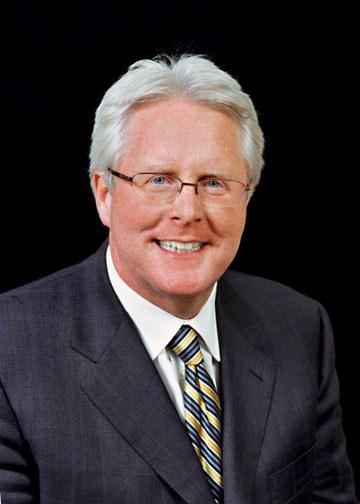State High Court Asked to Adopt 'Sophisticated User' Defense

By Asher Hawkins of the Legal staff

Tom Duffy, Esq.
Even if the Pennsylvania Supreme Court does decide to allow the "sophisticated user" defense to be put forward in products liability cases, it should be on a limited basis, and with an eye toward preserving workers' rights, a plaintiffs lawyer argued before the justices yesterday morning in City Hall.
But defense counsel in Straub v. Cherne Industries reasoned that the sophisticated user defense allows manufacturers to discharge their liability with respect to specific products by communicating with employers about safety measures at the time of sale, and relying on employers to warn employees about the potential dangers of using a particular product.
Yesterday marked the second time that Straub has come before the high court.
The matter involves a construction worker's claims that he was injured on the job by an industrial sewage pipe plug because the manufacturer negligently failed to test the product in the field, failed to include a pressure-relief valve and provided an inadequate manual for its operation.
A Philadelphia jury returned a $4 million verdict for Douglas Straub in 2002, finding Cherne Industries was negligent as to the plug's design and product warnings. But the jury rejected Straub's claim that Cherne's product was defective.
The jury in Straub had been told by the trial court that it could find Cherne liable on either, both or neither cause of action.
When the justices heard the first set of oral arguments in Straub in April 2004, the issue was whether the concepts of negligence and strict products liability could be clearly distinguished under Pennsylvania law, as the Straub jury had been permitted to do.
In his 2003 lead opinion in Phillips v. Cricket Lighters, Chief Justice Ralph J. Cappy argued that the failure of a particular design-defect claim at trial does not mean that a negligent-design claim must fail as well.
Cappy reasoned in Phillips that strict products liability and negligence claims should be subject to separate analyses because the doctrine of strict liability does not concern itself with the conduct of the manufacturer (a determining factor in negligence law).
The Superior Court panel that first ruled on Straub, in an unpublished opinion, said it didn't have to follow the high court's 2003 ruling because Phillips "did not generate a majority opinion," and, therefore, the court was not bound to follow it.
In their August 2005 decision in Straub, the justices decided to sidestep the negligence/products liability issue, concluding that Cherne had waived that issue by not raising it during the trial itself.
On the second go-round before the Superior Court, a panel consisting of the same judges who had previously heard Straub rejected on waiver grounds Cherne's argument that the case's jury should have been instructed as to the sophisticated user defense.
But in a lengthy footnote to that opinion, also unpublished, the judges discussed the sophisticated user defense, and its possible application against claims of negligence.
The defense is provided for in the comments to Section 388 of the Restatement (Second) of Torts, which deals with products "known to be dangerous for intended use."
"Comment N" to Section 388 notes that the manufacturer of a product may not be able to warn the ultimate user of its associated dangers, instead educating an intermediary who intends to sell that product to the ultimate user.
But the members of the panel went on to suggest that the sophisticated user defense may not be viable in a negligence action.
Yesterday, in arguments before the Supreme Court held at City Hall in Philadelphia, defense attorney Michael Hamilton of Cozen O'Connor in Philadelphia said Pennsylvania should allow the sophisticated user defense for public policy reasons.
"This isn't, 'The manufacturers are going to wash their hands,'" Hamilton said, adding later, "This is not an absolute defense."
In the instant case, Hamilton continued, Cherne provided Straub's employer with a 36-page manual detailing how to safely use the pipe plug.
Justice Max Baer later told Hamilton that the problem with permitting the sophisticated user defense is that it appears to shift liability for an accident involving a product from the manufacturer to the employer, who is typically shielded from awarding an injured employee anything beyond workers' compensation.
"As a matter of public policy, we have to choose between you . . . and the employee," Baer explained to Hamilton.
Hamilton responded that even if the sophisticated user defense is allowed, employers still have a basic incentive to prevent accidents and should train their employees using the safety materials provided by manufacturers.
Thomas Duffy of Duffy & Keenan in Philadelphia argued on Straub's behalf during yesterday's arguments.
Justice Ronald D. Castille asked Duffy why the justices shouldn't adopt the sophisticated user doctrine.
Duffy responded that in the 20-some U.S. states that have allowed for use of the defense, it's often limited to specific types of machinery and/or workplace settings. He also noted the argument made by Baer during Hamilton's time at the lectern.
"We don't have a products liability crisis in Pennsylvania," Duffy said, reasoning that in the absence of a greater public policy concern, the rights of the average worker should take precedence.

